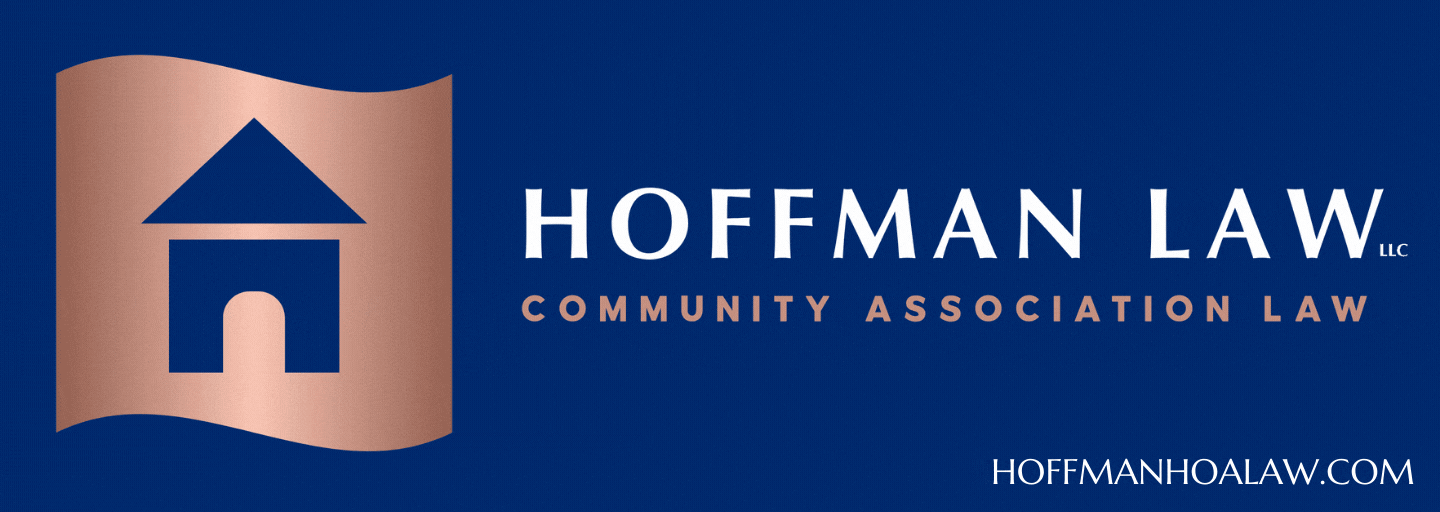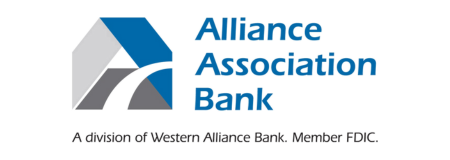I’m writing this in early April 2020 – though COVID-19 has consumed virtually every moment of our day to day lives, it’s important to remember that the Pennsylvania Legislative Action Committee (PA LAC) has still been diligently working behind the scenes to promote and protect the interests of community associations.
Covid-19: Governor’s Closure of Non-Life Sustaining Businesses
CAI was recently involved in handling an issue related to COVID-19 and Governor Wolf’s ordering the closure of all “non-life-sustaining” businesses in Pennsylvania. CAI began to hear from community associations seeking clarification of the governor’s order, and CAI decided to pursue a waiver to permit the continuance of essential administrative functions, such as paying bills and collecting assessments. CAI had previously determined that many other essential operations of community association were already permitted under the governor’s order, including public safety and services to buildings and dwellings and the operation of utilities.
CAI engaged in conversations with State Representative Rosemary Brown and the offices of State Senator Mario Scavello and State Senator Lisa Baker, all Poconos area legislators. These efforts were initiated by Alan Young, Esq., CCAL, with Young & Haros, LLC, a law firm member of CAI in Stroudsburg and our LAC lobbyist in Harrisburg assisted in the effort. The end result was Governor Wolf granted a waiver permitting the operation of essential administrative functions within community associations. This effort cleared up much confusion relating to whether community associations (and property managers) could engage in administrative association functions during the governor’s closure of businesses during the COVID-19 crisis. Well done, team!
Covid-19: March 25, 2020 Letter From State Representative Brown Regarding Short-Term Rentals
CAI received a letter from State Representative Rosemary Brown asking CAI to share a message with the chapter’s Poconos communities regarding short term rentals in the Poconos and efforts to contain the spread of COVID-19 in the Poconos since the area has a lot of traffic flowing between New York City and Monroe and Pike Counties.
Because of the gravity of COVID-19, CAI responded affirmatively to Representative Brown’s request by sharing the representative’s letter with the chapter’s Poconos members. The outbreak of COVID-19 underscores juat how important the passage of Senate Bill 802 and House Bill 1892 are. CAI was engaged by state officials asking us to reach out to community associations in Pennsylvania with critical information regarding the continued operation of associations during the crisis and restricting short term leasing and because no definitive list of associations is available, CAI was only partially able to assist in this effort.
Title 68 amendments – house bill 1578: success! Signed by governor wolf
This legislation, which was supported by CAI, amended the statutes governing common interest ownership communities (CIOCs) in the Commonwealth. The amendments clarify existing provisions of these CIOCs and enhance the overall administration and governance of Pennsylvania’s community associations. The amendments relate to four (4) specific sections of the Uniform Condominium Act (“UCA”), the Real Estate Cooperative Act (“RECA”), and the Uniform Planned Community Act (“UPCA”) (collectively, the “Acts”) and are designed to be entirely consistent with the statutory scheme already put in place by the legislature. For further information, please visit our blog at: www.cai-padelval.org.
Community Association Data Transparency – Sb 802 & Hb 1892
These two bills, supported by CAI, are identical and have been introduced in both the Pennsylvania House and Senate. The legislation stems from a 2011 Pennsylvania Joint State Government Commission (JSGC) report that issued meaningful recommendations to improve planned communities, including: cooperation of shared services between local governments and planned communities, municipal dedication of roadways built to PennDOT specifications, assistance for infrastructure repair (such as dams), and making available the same services that other property tax payers receive, such as trash, recycling, bulk and yard waste collection. However, before any of these reforms can be realized, the same JSGC report provides that the first order of business must be to identify how many planned communities exist in Pennsylvania and where they are located, information that county governments already maintain in some form but have failed to make easily available to those outside of the county.
Why does data transparency matter?
There are many thousands of planned communities housing millions of Pennsylvania residents. Yet the actual number and location of these communities is largely unknown, creating unnecessary risks for public safety, law enforcement and environmental protection, while also keeping planned communities in the dark. Senate Bill 855 would mandate the collection of data, including information such as name, physical location, land area, lot size, number of units and location and would aid the State in assessing the impact of legislation specific to the planned communities. To mitigate the impact on county governments, amendments to the original bill would permit a county to make the data available to the public at a cost not to exceed that allowed under the state Right to Know Law and would also permit the posting of the data in electronic form. Below is summary of how this reform legislation will further benefit planned communities.
Public Safety
State policymakers and regulators have little information on planned community infrastructure and therefore have developed few tools to offer assistance when necessary. For example, having meaningful data on private dams, bridges, and storm water management facilities can help to mitigate, or prevent altogether, life-threatening situations. Catastrophic failure of important infrastructure poses a threat to life and property both inside and outside the boundaries of a planned community.
Law Enforcement
Megan’s Law (§ 9799.27 Other notification) requires local police to report the presence of certain sexually violent predators to neighbors, and further states, “Where the sexually violent predator lives in a common interest community, the term “neighbor” includes the unit owners’ association and residents of the common interest community.” If the presence of an association is not known, compliance with this section is not possible.
Regulatory Issues
CAI wants to ensure that planned communities have a seat at the table with state regulators before they develop new rules. Communication of new or changing state regulations, such as clean drinking water or storm water management requirements by the Pennsylvania Department of Environmental Protection, county conservation districts, or other regulatory agencies, would be established for the first time or improved overall. Too many planned communities are left unnecessarily in the dark when it comes to the development of state regulations, often discovering, after the fact, that they must make costly upgrades.
Environmental Impact
Mitigating public health, economic and recreational impacts from water-based environmental threats, such as the growing spread of harmful algal blooms (HABs) in lakes, ponds and waterways, which cause acute health problems for humans, pets and livestock, is a growing nationwide concern that is now spreading across parts of Pennsylvania. As regional and state policy makers look for ways to identify, monitor, and respond to the spread of HABs, it is prudent to consider the thousands of planned communities with privately-owned lakes, ponds, storm water retention basins, rivers, streams or reservoirs, most of which connect to neighboring waterways outside of these communities. Establishing a system which can eventually identify these privately owned waterways and ways to offer outside assistance to planned communities must be part of a comprehensive solution.
Until We Meet Again
Hopefully by the time you are all reading this, COVID-19 will be in the rearview mirror and we will be on a positive path towards rebuilding our nation and our lives.
The LAC will continue its work in 2020 and beyond for the benefit of your community – stay tuned for further updates!
About the Author
This legislative update was authored by Edward Hoffman, Jr., Esq., a PA/NJ attorney with Barrow | Hoffman and a Delegate at Large for the PA-LAC. He can be reached at ed@barrowhoffman.




















